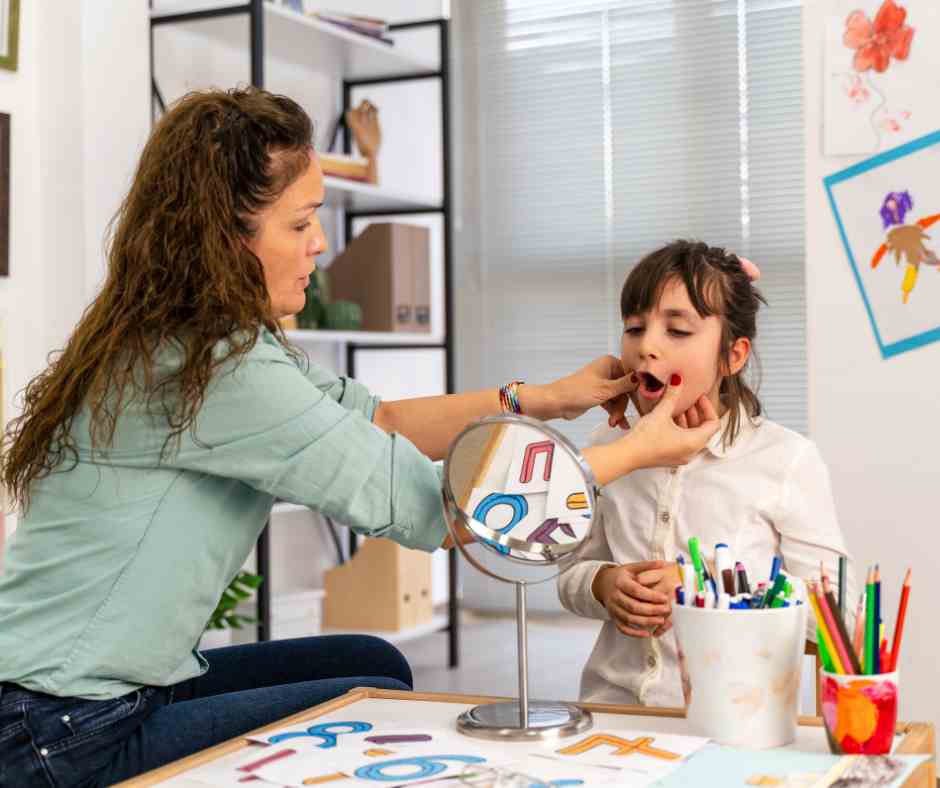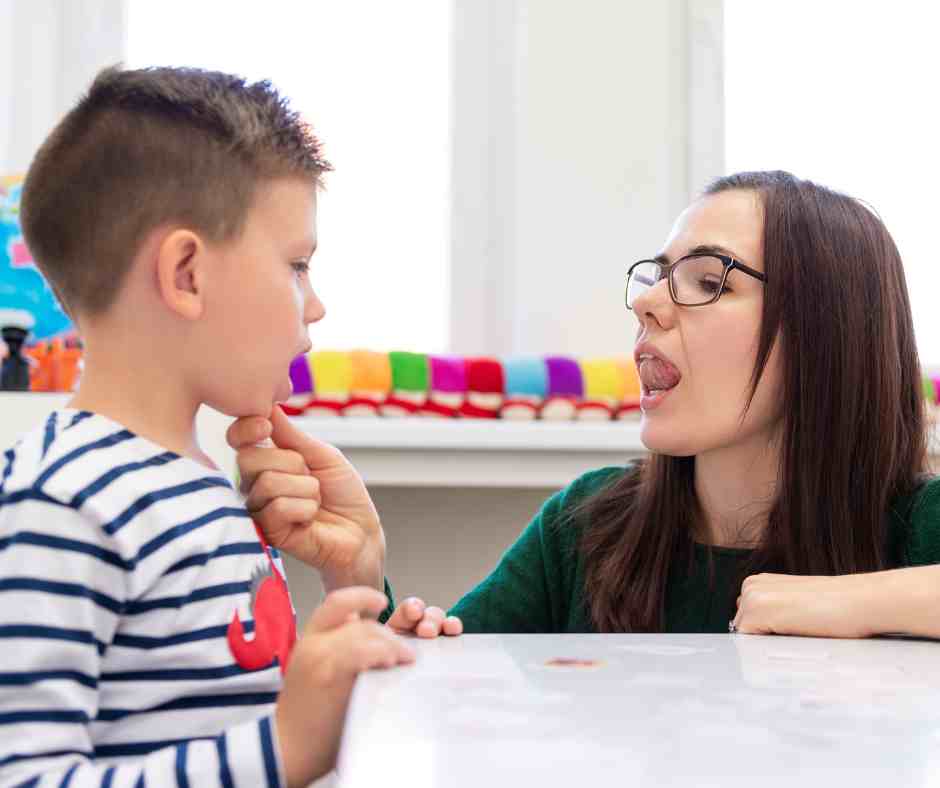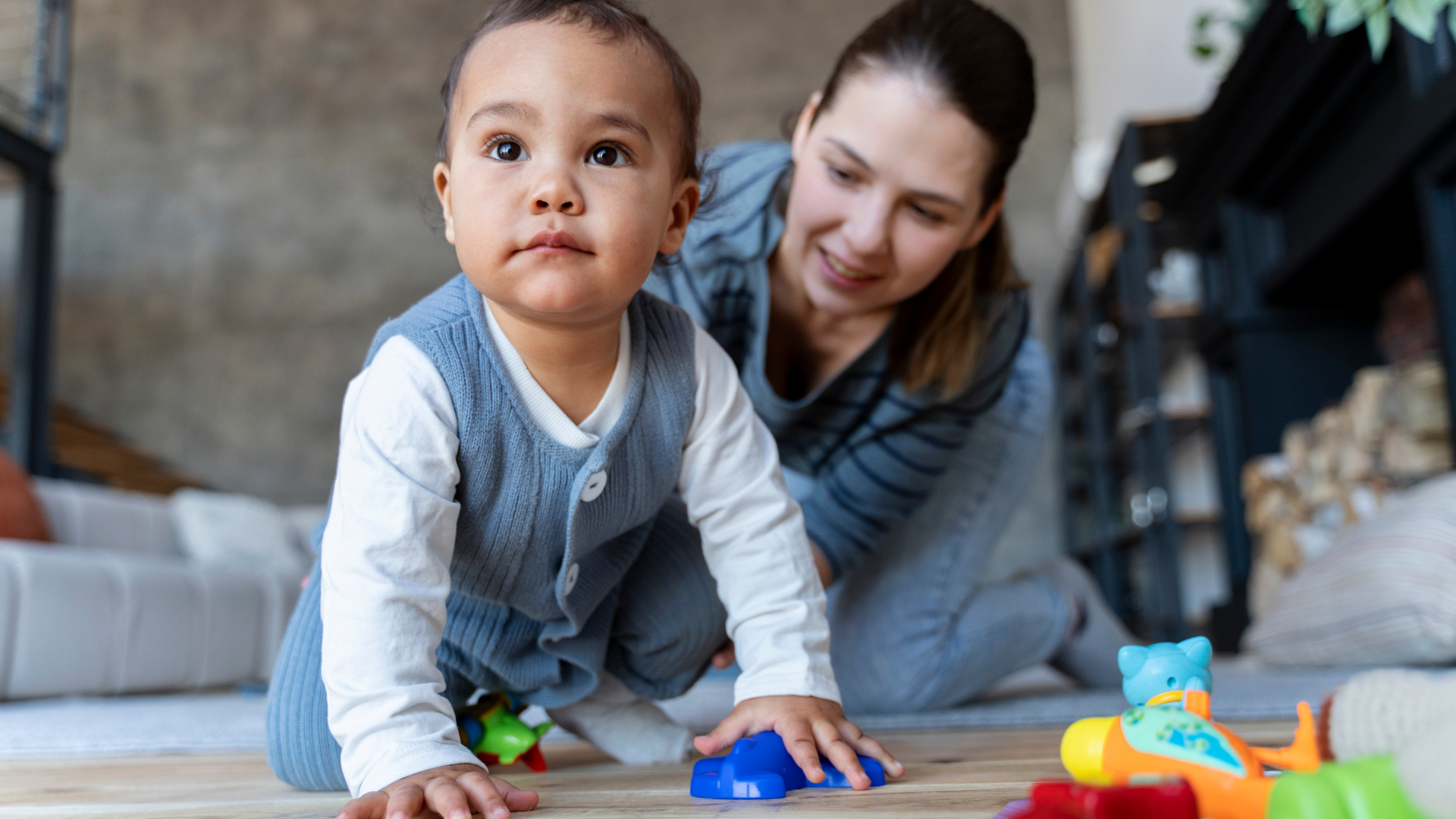Supporting a child on the autism spectrum is a journey filled with learning, discovery, and moments of meaningful progress. At Esperanza, we work closely with families in Dubai to make this journey smoother through evidence-based, compassionate therapy that nurtures communication, confidence, and emotional growth.
If you’re exploring Speech Therapy Dubai or looking to understand what goals a therapist might work on with your child, this guide breaks everything down in a simple, practical way so you know exactly what to expect.
Why Speech and Language Goals Matter
Children on the autism spectrum often learn and communicate in ways that are wonderfully unique. A well-structured plan guided by an experienced speech therapist in Dubai helps build essential skills in communication, social interaction, and emotional regulation. These goals are usually captured in an IEP (Individualised Education Plan) to ensure progress can be measured clearly and meaningfully.
At Esperanza, we work hand-in-hand with parents to set goals that are realistic, attainable, and most importantly tailored to each child’s strengths.
Also Read: Speech Therapy for Stuttering: Dubai’s Latest Treatment Methods
Key Goal Areas in Speech Therapy for Autistic Children
Although every child is different, therapists typically focus on four core developmental areas:
1. Joint Attention
Joint attention is the foundation of communication. It simply means sharing focus with another person—such as looking at a toy together or pointing to something interesting. Children with autism may need explicit teaching and consistent practice to build this skill.
Common therapy goals might include:
- Responding to a caregiver’s voice
- Looking between people and objects to share interest
- Understanding facial expressions and emotional cues
- Using gestures or words to comment and seek attention
- Following another person’s eye gaze or pointing
Strengthening joint attention creates a powerful base for language and social development.
2. Social Reciprocity
Social reciprocity refers to the natural “back-and-forth” of communication. For many autistic children, this give-and-take doesn’t come instinctively—but it can certainly be taught.
Examples of goals in this area include:
- Taking turns in play or conversation
- Starting interactions independently
- Repairing communication breakdowns (e.g., clarifying if someone doesn’t understand)
- Sticking to a topic when talking
- Balancing comments, questions, and requests during interactions
When social reciprocity grows, children feel more connected and confident during everyday interactions.
3. Language and Cognitive Communication Skills
These goals focus on how a child understands and uses language spoken or nonverbal.
Goals may include:
- Using meaningful gestures like pointing, waving, or showing
- Combining gestures and sounds/words to communicate
- Noticing pictures, turning pages, and engaging with books
- Using simple word combinations and later, creative sentences
- Understanding basic story structure and sequencing
- Developing early literacy skills
- Building problem-solving and self-monitoring abilities
Language and Cognitive Communication Skills are key for expanding vocabulary, improving comprehension, and preparing children for school success.
4. Behavioural and Emotional Regulation
Many autistic children find it challenging to express emotions, cope with transitions, or stay regulated in new or busy environments. Speech therapy supports these skills by helping children communicate their needs more effectively.
Sample goals include:
- Expressing emotions through words, signs, or alternative communication
- Asking for help or a break during overwhelming moments
- Using language to navigate transitions between activities
- Understanding others’ emotions
- Collaborating and negotiating during peer play
As behavioural & emotional regulation strengthens, children feel safer, calmer, and more capable in daily routines.
Functional Communication Goals: Building Everyday Independence
Functional communication refers to expressing basic needs, wants, and feelings clearly and effectively. This might include asking for food, choosing activities, refusing something politely, or initiating play with peers.
There are dozens of functional communication goals that therapists may introduce depending on a child’s age, developmental level, and communication style. At Esperanza, we always ensure these goals are practical so families can use them at home, in school, and in the community.
Consistency between therapy and home life is one of the strongest predictors of success—which is why we work closely with parents, guiding them with simple activities they can integrate into daily routines.
How Esperanza Supports Your Child’s Growth
Families searching for Speech Therapy Dubai often tell us they want a place that feels supportive, personalised, and rooted in genuine care. At Esperanza, our licensed team with over eight years’ experience each creates a safe, nurturing environment where children can thrive.
Parents often say they appreciate that we go beyond traditional therapy. We become partners in their child’s journey celebrating every small win and providing guidance for challenges at home or in the community.
Whether you’re looking for the best speech therapist in Dubai, early intervention support, or a full developmental plan, our team is here to walk with you every step of the way.
Final Encouragement for Parents
Progress in speech and language for autistic children is rarely linear but it is always possible. With patience, clear goals, and a supportive therapy team, children build skills that empower them to communicate, connect, and participate more fully in life.
If you would like guidance for your child or want a personalised plan, Esperanza is here to help. You can reach our family-centred team anytime on 00971 55 524 1094 (call or WhatsApp).



